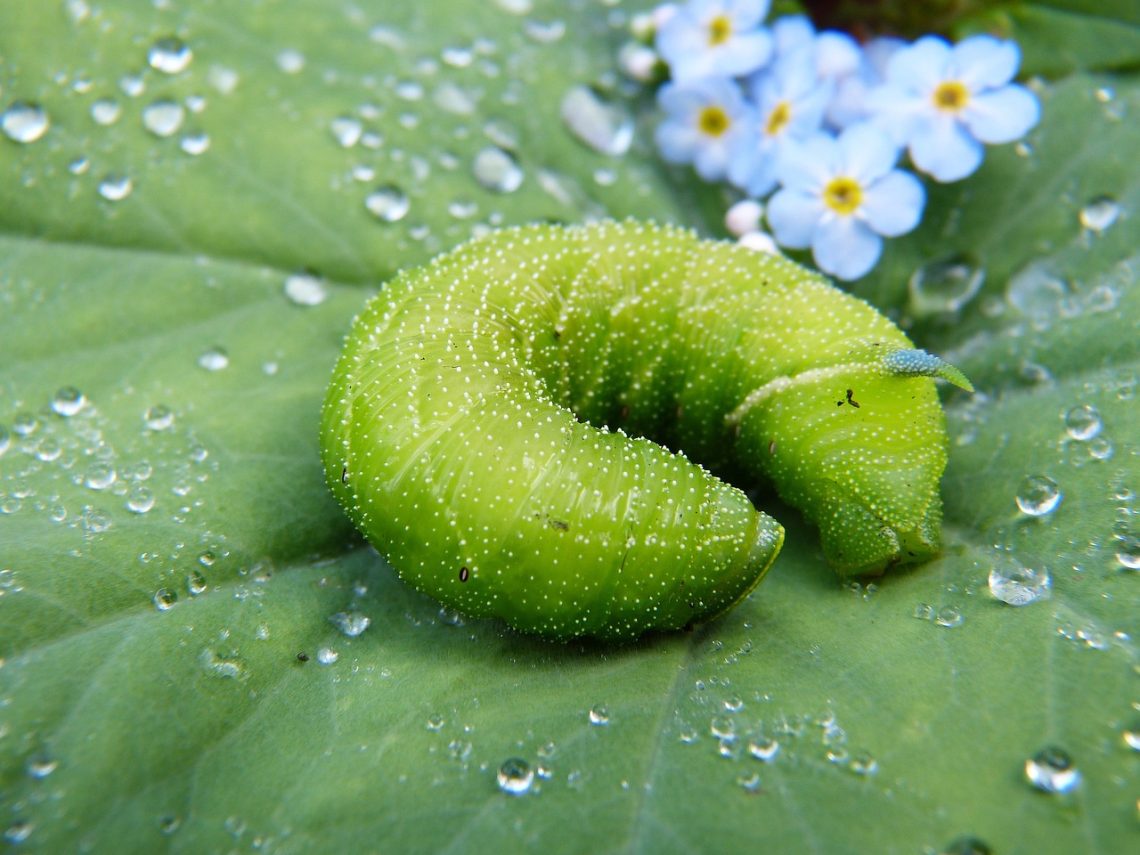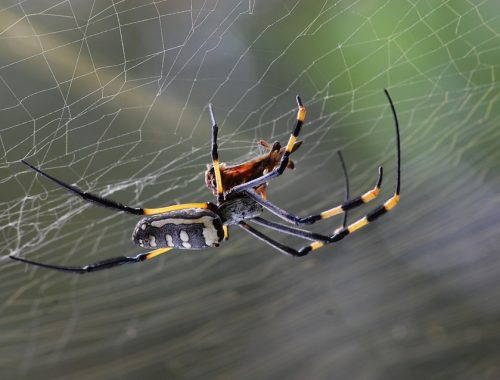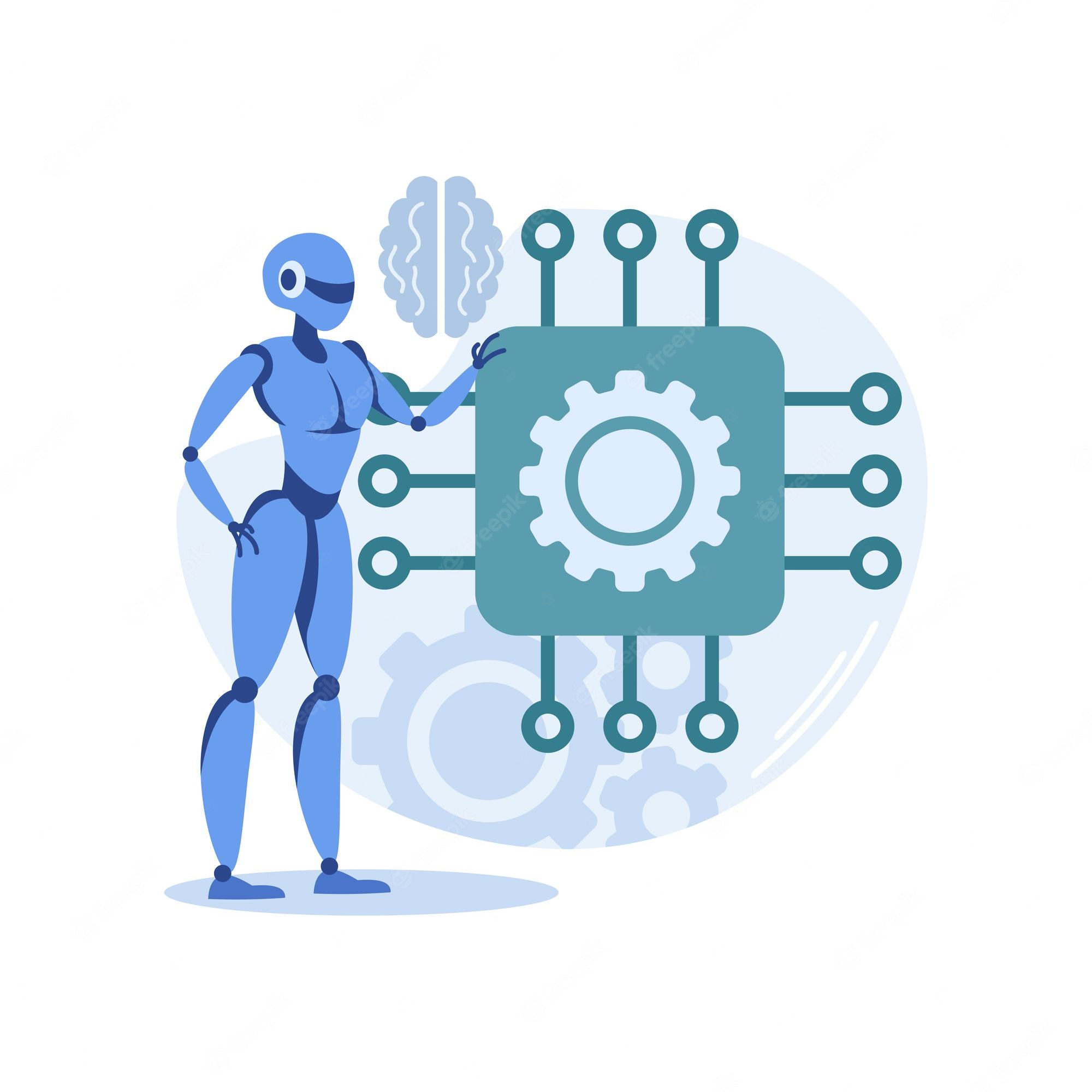
The Marvels of Microbiology: Unraveling the World of Tiny Organisms
In the vast tapestry of life, there exists an entire universe invisible to the naked eye— the realm of microorganisms. Microbiology, the study of microscopic life, opens a portal to a world teeming with complexity and diversity. In this exploration, we delve into the marvels of microbiology, unraveling the intricacies of tiny organisms that play a colossal role in shaping the world around us.
The Invisible World:
Microbiology allows us to peer into a realm that was once hidden from human understanding. Microorganisms, often measuring just a few micrometers in size, encompass a staggering array of life forms, including bacteria, viruses, fungi, and protists. Despite their minuscule size, these tiny organisms wield tremendous influence over various ecosystems, from the depths of the oceans to the soil beneath our feet.
-
Bacterial Ballet:
Bacteria, the simplest and most ancient forms of life, are omnipresent and diverse. They inhabit every imaginable environment, from the harshest deserts to the icy depths of Antarctica. While some bacteria are associated with disease, many are beneficial and essential for life on Earth. For instance, nitrogen-fixing bacteria contribute to soil fertility, playing a pivotal role in the growth of plants and the overall health of ecosystems.
-
Fungal Kingdoms:
Fungi, another fascinating group within microbiology, go beyond the moldy images often associated with them. They form intricate networks beneath the soil, aiding in nutrient absorption for plants. Yeasts, a type of fungi, are crucial in the production of bread, beer, and a variety of other culinary delights. Moreover, fungi engage in symbiotic relationships with various organisms, showcasing the complexity and adaptability of these microscopic life forms.
-
Viral Stories:
Viruses, despite being acellular and often considered on the borderline of living and non-living entities, are central players in microbiology. They can infect all forms of life, from bacteria to humans, influencing evolution and even contributing to the development of new species. Understanding viral behavior is not only critical for combating infectious diseases but also for deciphering the intricate dance between viruses and their hosts.
-
Protists: Microscopic Marvels:
Protists, a diverse group of eukaryotic microorganisms, include algae and protozoa. These tiny organisms, often overlooked, contribute significantly to the balance of ecosystems. Some protists are photosynthetic, producing oxygen and serving as the foundation of aquatic food chains. Others, like the malaria-causing Plasmodium, highlight the impact that protists can have on human health.
Applications in Biotechnology and Medicine:
Beyond their ecological significance, microorganisms have found invaluable applications in biotechnology and medicine. Advances in microbiology have paved the way for groundbreaking discoveries and technologies that have transformed various aspects of our lives.
-
Antibiotics and Medicine:
The discovery of antibiotics, such as penicillin by Alexander Fleming, revolutionized medicine and remains one of the most significant contributions of microbiology. These compounds, produced by microorganisms like bacteria and fungi, have saved countless lives by combating bacterial infections. Understanding microbial behavior continues to be crucial in the development of new antibiotics and the fight against antibiotic resistance.

-
Fermentation and Bioprocessing:
Microorganisms play a pivotal role in fermentation processes, which have been harnessed by humans for thousands of years. From the production of yogurt and cheese to the brewing of beer and the baking of bread, microorganisms are essential contributors to our culinary delights. Additionally, they are utilized in bioprocessing for the production of biofuels, enzymes, and various industrial products.
-
Bioremediation:
Microorganisms have the remarkable ability to break down pollutants and contaminants, a process known as bioremediation. Certain bacteria and fungi can be employed to clean up oil spills, degrade hazardous chemicals, and remediate polluted environments. This application of microbiology showcases the potential for harnessing the natural abilities of microorganisms to address environmental challenges.
Challenges and Future Frontiers:
While microbiology has unlocked many mysteries, there are still vast frontiers awaiting exploration. The challenges and opportunities in this field are ever-evolving, presenting scientists with new questions and avenues for discovery.
-
Microbiome Research:
The human microbiome, the collection of microorganisms residing in and on our bodies, has emerged as a fascinating area of research. Understanding the intricate relationships between these microbial communities and human health has the potential to revolutionize medicine, offering insights into conditions ranging from digestive disorders to mental health.
-
Emerging Infectious Diseases:
The study of microbiology is crucial in the ongoing battle against emerging infectious diseases. The ability to rapidly identify and characterize new pathogens, such as the viruses responsible for outbreaks like Ebola or COVID-19, is essential for implementing effective public health measures and developing targeted therapies.
Microbiology, the science of the unseen, invites us to marvel at the intricate world of tiny organisms that shape the fabric of life on Earth. From the depths of the ocean to the inner workings of our bodies, microorganisms play a role in every corner of our existence. As we continue to unravel the secrets of microbiology, we gain not only a deeper understanding of the natural world but also invaluable tools for addressing challenges in medicine, biotechnology, and environmental conservation. The marvels of microbiology remind us that, in the unseen and the unnoticed, there exists a world of complexity, diversity, and endless possibilities.
You May Also Like

How Spiders Avoid Getting Stuck in Their Own Traps?
2023-05-04
Cybernetics: The Science Behind The Fiction
2022-09-16


